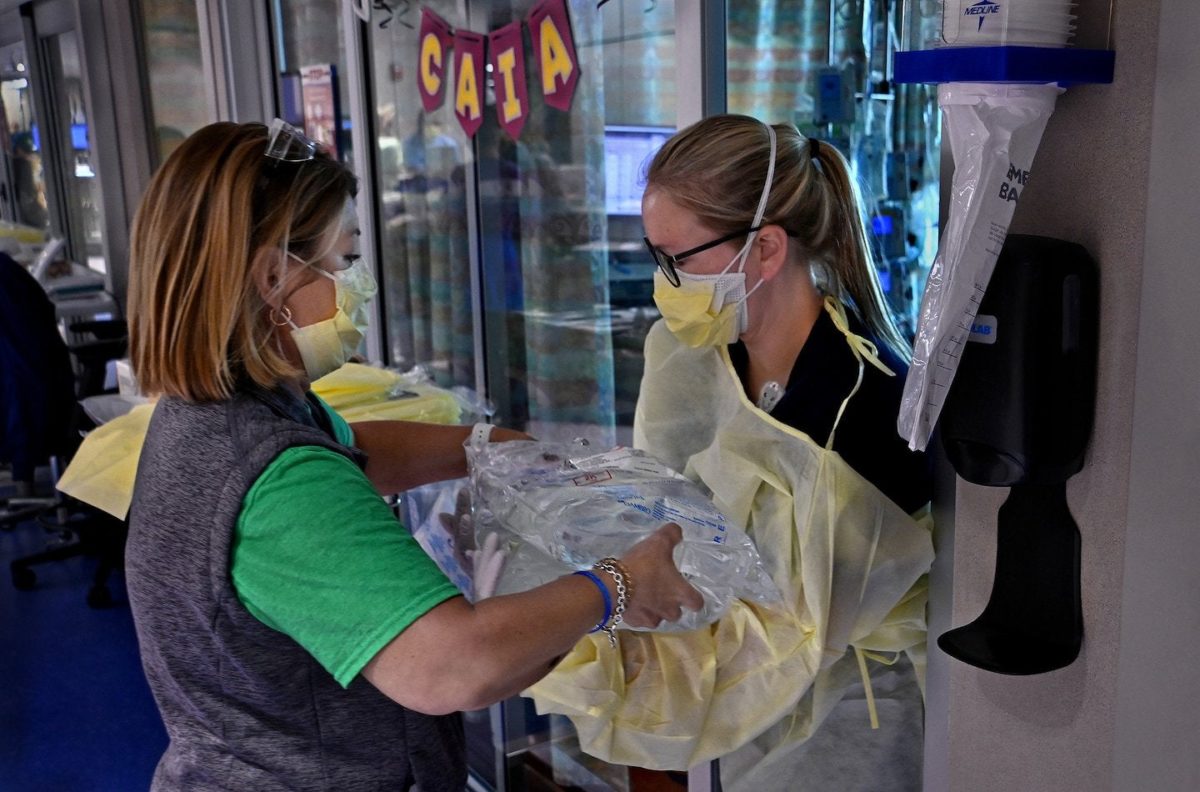
https://www.washingtonpost.com/outlook/2022/03/14/travel-nurse-pay-caps/
To the shock of nobody, a for-profit organization doesn't treat its workers well enough for them to want to stay, and then complains that they can't hire enough workers.
The undervaluing of nursing has deep roots. From the dawn of modern American hospitals in the 19th century, hospitals have treated nursing care like something they should get for free. The first American training schools of nursing were located inside hospitals. There, students lived on-site to provide free care and received little formal education and support. When they graduated and expected salaries, their training hospitals generally didn’t hire them. Many graduates turned to private nursing, hired by individuals who could afford them. After World War I, despite a surplus of graduate nurses, hospitals nevertheless complained of a “shortage,” which was really a shortage of nurses who would work for free.
By the 1940s, as hospital care became more complex and labor-intensive, hospitals finally started to hire and pay graduate nurses in large numbers. But administrators never changed the way they thought about nursing, argues nurse historian Jean C. Whelan — that is, as a line item to be cut, not a resource to invest in. “Hospitals failed to question whether improving the working lives of nurses could make a positive impact on nurses’ decisions to enter and stay in the workforce,” Whelan wrote in her book “Nursing the Nation.”
